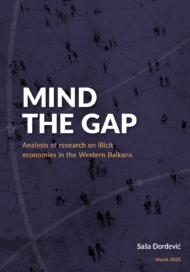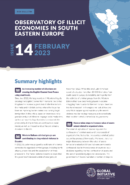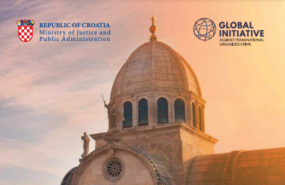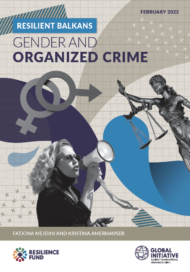Posted on 14 Mar 2023
Organized crime and corruption in the Western Balkans have been on the rise since the 1990s, following the war in former Yugoslavia in 1995 and the political-economic crisis triggered by the collapse of pyramid schemes in Albania in 1997. Accordingly, popular, journalistic and academic research on organized crime in these states – namely, Albania, Bosnia and Herzegovina, Kosovo, Montenegro, North Macedonia and Serbia – has also increased.
Despite the surge in research on organized crime in the Western Balkans, the findings are still insufficient and lacking in certain respects.
The objective of this study is to systematically and strategically identify gaps in the current understanding of organized crime in the Western Balkans, and to suggest future areas of work that could help close these gaps and better understand illicit practices. This gap analysis maps existing knowledge, identifies trends and emerging issues, and reveals the under-researched aspects of illicit economies in the region. With this approach, this study aims to better understand areas of uncertainty and initiate new studies more quickly. Identifying blind spots in the existing literature is a necessary step for creating a new research agenda, establishing strategic and funding priorities and designing research projects that can build the knowledge base, enhance analysis and contribute to evidence-based policymaking. Ultimately, this research agenda should aid in the prevention and disruption of organized crime both in the Western Balkans or perpetrated by criminals from the region.




